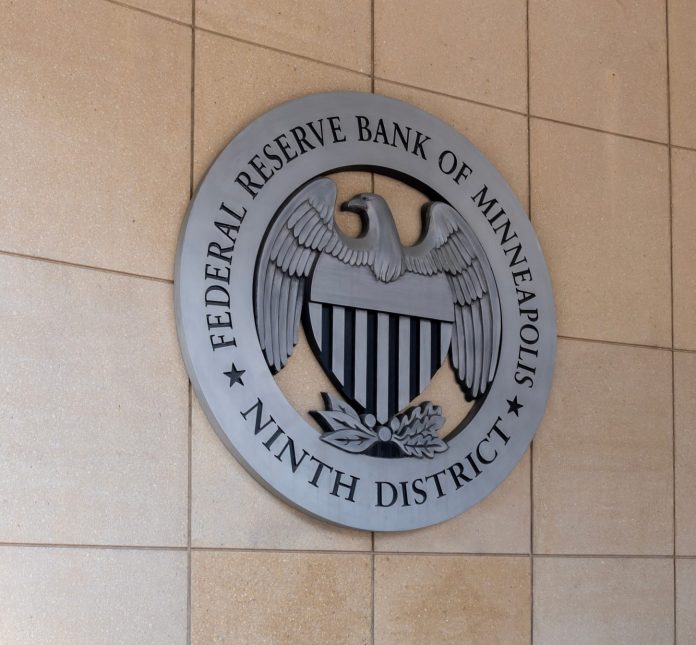Federal Reserve Chair Jerome Powell stated Wednesday that tariffs and recent policy changes introduced by the Trump administration will likely raise both inflation and unemployment throughout the rest of 2025. The new trade measures have already contributed to increased financial market volatility and reduced confidence among consumers and businesses.
Powell explained that the economic slowdown caused by these tariffs is expected to increase joblessness, while the added costs from import duties are likely to be passed on to consumers, pushing up inflation. He also noted that the inflationary effects from the tariffs may persist, depending on their magnitude, the speed at which they affect prices, and whether long-term inflation expectations remain stable.
The Trump administration recently introduced new import tariffs, including a 10% baseline on goods from most U.S. trade partners and 145% duties on imports from China. Although some countries received a 90-day reprieve, the majority of the measures remain in place. These policy changes represent a significant shift in long-standing U.S. trade policy, creating uncertainty about their long-term economic impact.
The Federal Reserve, which is mandated to pursue stable prices and full employment, may soon face conflicting goals due to these developments. Policymakers will need to consider how far the economy drifts from each objective and over what time frames they expect those gaps to close.
Recent economic data suggests a slowdown in growth during the first quarter of 2025. Surveys indicate a sharp decline in business and consumer sentiment, largely driven by concerns over trade policy. While most economists do not currently forecast a recession, many have downgraded growth expectations. The United Nations Trade and Development agency now projects that U.S. GDP growth will slow to 1% in 2025, down from 2.8% in 2024.
JPMorgan Chase placed the odds of a U.S. recession this year at 60%, citing the potential impact of remaining tariffs even after the 90-day reprieve. The bank warned that the current measures could be enough to trigger a recession in both the U.S. and China, with global ripple effects.
Despite these concerns, consumer spending — which drives about 70% of U.S. GDP — showed modest growth in the first quarter. The Commerce Department reported a 1.4% increase in retail sales in March, as consumers accelerated purchases of autos, electronics, and other goods in anticipation of higher prices. Sales rose in 11 of the 13 categories tracked by the Census Bureau.










